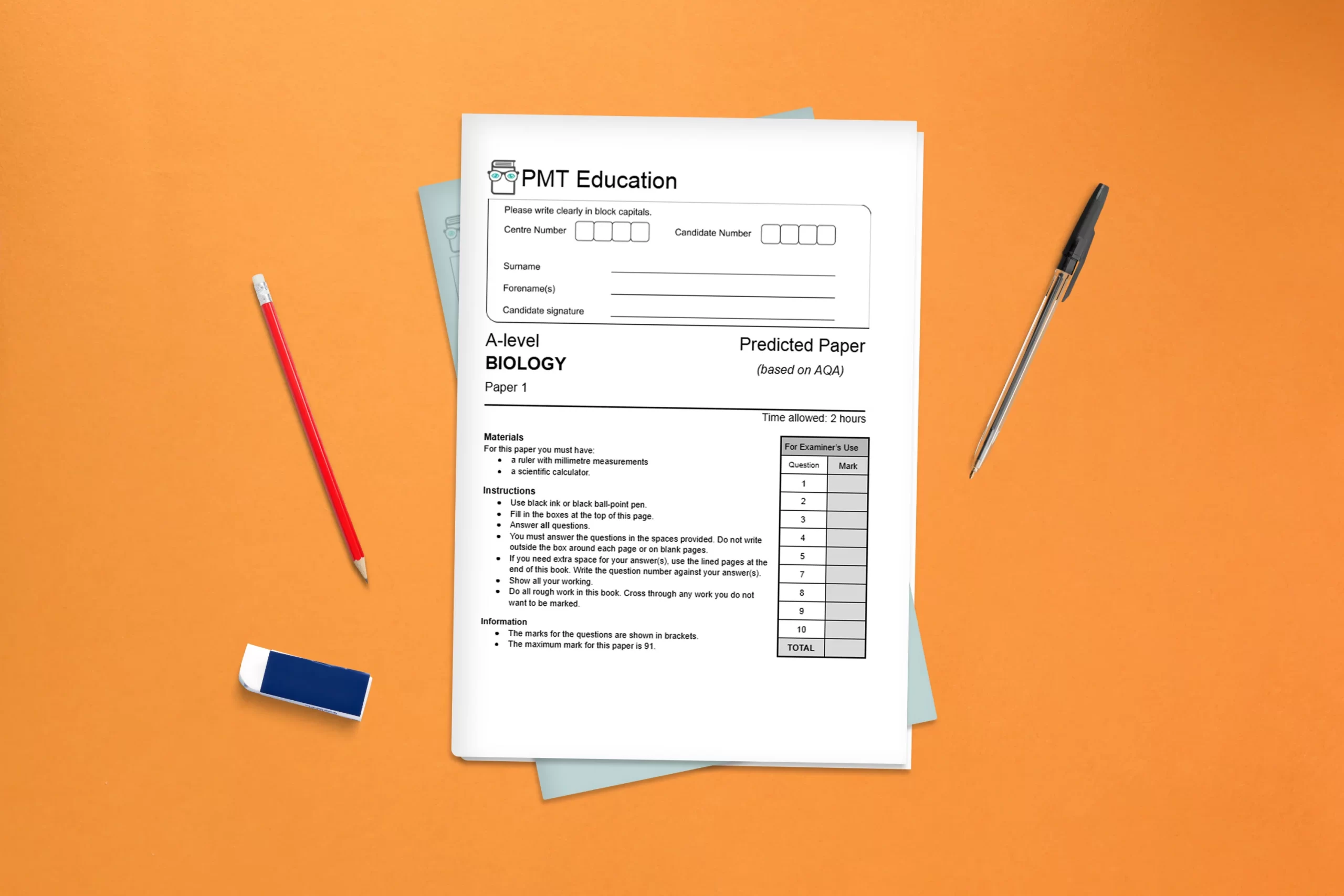![]()
**Preparing for Exams: The Value of Predicted Papers**
As the exam season approaches, it’s crucial to optimize your study time effectively. One useful resource to aid in your exam preparation is predicted papers. Crafted by seasoned educators, these papers provide a sneak peek into what you might encounter in your actual GCSE or A Level exams. In this article, we’ll explore the accuracy of predicted papers, their benefits, and effective strategies to utilize them.
Predicted papers are exam-style papers designed by experienced teachers and examiners who analyze past exam papers and historical trends in the topics and questions that have been tested. According to Ofqual, exam boards must assess all the content outlined in their specifications over a number of years. This means that topics that haven’t been evaluated in recent years have a higher likelihood of appearing in the upcoming summer exams, along with core topics that consistently reappear year after year.
The creators of GCSE and A Level predicted papers leverage this data to forecast which topics are most likely to appear in your exams. They then construct a paper that mirrors the style, format, and difficulty of the actual exam you’ll be taking.
One common question students ask is how accurate predicted papers are. While it’s essential to remember that exam papers aren’t meant to be completely predictable, predicted papers are created with a high level of expertise, drawing on a detailed analysis of past exam paper trends. The accuracy of a predicted paper can vary depending on several factors, but they offer an informed estimate of the areas most likely to be tested, helping to focus your revision on essential topics.
Beyond content, the format, question types, and wording of predicted papers are designed to accurately replicate the structure of a real GCSE or A Level exam paper, providing valuable practice and helping you become familiar with the presentation of questions on exam day.
Predicted papers offer several key benefits that make them a valuable part of your exam preparation:
1. Consolidate your knowledge and understanding
2. Refine your exam technique
3. Target your revision where it’s needed most
Predicted papers are a valuable tool, but their effectiveness depends on how you use them. To make the most of predicted papers, it’s important to approach them strategically:
1. Analyze the structure and format of the paper to understand how questions will be presented on the day.
2. Use the paper as a practice opportunity to consolidate your knowledge and refine your exam technique.
3. Target your revision based on the areas you find challenging or where you need improvement.
Molly, a first-class graduate from the University of St Andrews, currently serves as the Senior Project Manager at PMT Education. She oversees SEO, digital content, and media management, and plays a key role in coordinating PMT Courses.
“I’m sorry, but we won’t be able to offer IGCSE Maths predicted papers this year. Good luck with your exams!” – Molly.




